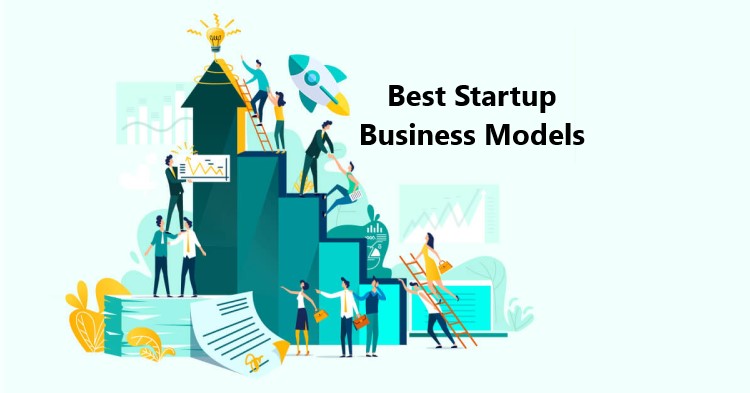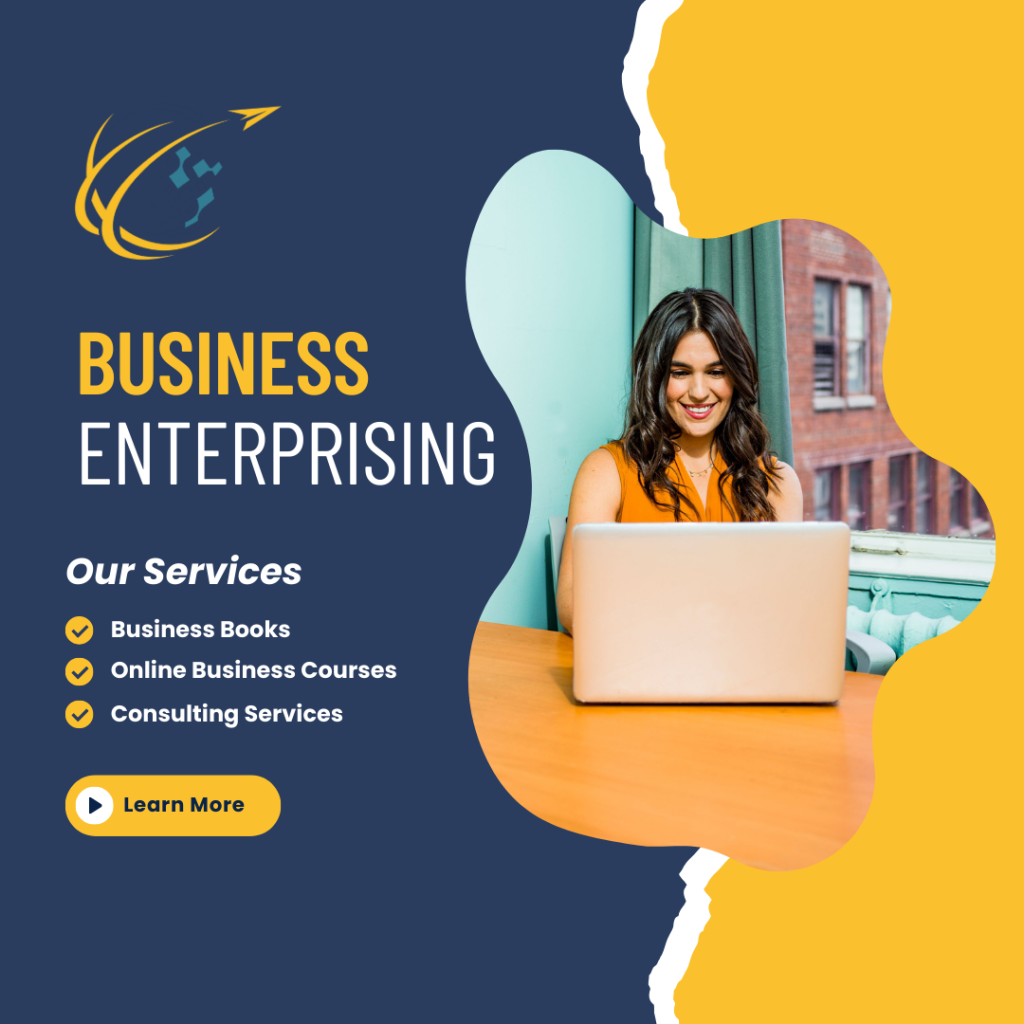 Choosing the right business model is crucial for any startup aiming to break through the competitive market. The best startup business models not only facilitate smooth operations but also enhance scalability and profitability. This article explores a range of successful business models that have propelled startups to the forefront of their industries. From freemium to SaaS, each model offers unique benefits that can be tailored to your specific business needs and goals. Consider how these models might align with your vision and the needs of your target market. This will help you to lay a strong foundation for sustained success.
Choosing the right business model is crucial for any startup aiming to break through the competitive market. The best startup business models not only facilitate smooth operations but also enhance scalability and profitability. This article explores a range of successful business models that have propelled startups to the forefront of their industries. From freemium to SaaS, each model offers unique benefits that can be tailored to your specific business needs and goals. Consider how these models might align with your vision and the needs of your target market. This will help you to lay a strong foundation for sustained success.
Freemium Model
The freemium model is a cornerstone of some of the best startup business models today. By offering basic services for free, startups can attract a large user base quickly. This model lowers the entry barrier for new users, who can try the service without financial commitment. As these users realize the value of the offered services, a fraction of them are likely to upgrade to premium features.
Startups employing the freemium model benefit from this approach by building a substantial potential customer database. This database can then be leveraged to refine product offerings, improve user engagement, and introduce targeted marketing strategies. Moreover, the feedback from the free tier users can be invaluable in improving the product to better meet market needs.
However, it’s crucial for startups to balance what is offered for free and what is locked behind a paywall. If too much value is given away for free, users may have no incentive to upgrade. Conversely, if too little is offered, users may not sign up at all. Finding the right balance is key and can differ based on the market and competition. Additionally, startups should ensure that the premium features are compelling enough to justify the cost, providing clear value that aligns with the needs of their most engaged users.
By strategically implementing the freemium model, you can not only increase your user base but also create multiple revenue streams as your business scales. This model offers flexibility and growth potential, making it a popular choice among tech startups, especially those in the digital content and software sectors.
Subscription Services
Subscription services stand out as one of the best startup business models for generating stable, recurring revenue. This model allows businesses to predict income streams with greater accuracy, facilitating better planning and investment. By charging customers on a monthly or annual basis, companies can smooth out cash flows and reduce the unpredictability associated with one-time sales.
However, while the benefits are considerable, there are challenges as well. Securing long-term customer commitment can be tough in a competitive market. Customers might hesitate to lock themselves into a subscription unless they perceive ongoing value in the service. Therefore, maintaining high-quality offerings and continuously enhancing the service are crucial to retaining subscribers. Additionally, startups must invest in effective marketing strategies to educate potential customers about the benefits of subscribing over making one-off purchases.
Another challenge is the potential for high churn rates, where customers discontinue their subscriptions after a short period. To combat this, you need a solid understanding of customer needs and must tailor your services to meet these expectations continuously. Implementing feedback loops to learn from current subscribers and adapt the service accordingly can help minimize churn.
Overall, the subscription model is highly beneficial for startups looking to build a dependable revenue base. It offers opportunities for scaling and can be adapted across various industries, from digital content platforms to food delivery services. By focusing on customer satisfaction and value, your subscription service can sustain and grow your business effectively.
On-Demand Delivery
The rise of on-demand delivery services marks one of the best startup business models in recent years, tapping into the consumer’s growing demand for convenience. As lifestyles become busier and technology integrates deeper into daily life, more consumers are willing to pay for the speed and ease of having products and services delivered directly to their doorsteps.
Startups can capitalize on this trend by offering on-demand delivery for a wide range of products, from food and groceries to apparel and electronics. The key to success in this model is not just speed but also reliability and service quality. Your customers expect deliveries to be not only fast but also accurate and in perfect condition.
However, managing logistics can be challenging. It requires sophisticated systems to track orders, manage inventory, and optimize delivery routes. Startups must invest in technology to streamline these aspects, ensuring that operational hiccups don’t undermine customer satisfaction.
Furthermore, it’s essential to build a flexible workforce or partner with delivery services that can scale according to demand. This flexibility can help manage costs during slower periods without sacrificing delivery times when orders peak.
Ultimately, on-demand delivery offers significant growth potential for startups willing to navigate its complexities. By consistently meeting consumer expectations for convenience and quality, your startup can secure a strong competitive position in the marketplace.
Marketplace Model
The marketplace model is one of the best startup business models for entrepreneurs facilitating transactions between buyers and sellers. This model creates a platform where multiple sellers can list their offerings, allowing consumers to shop in one online location.
This approach offers key advantages, such as not needing to hold inventory. As a platform operator, your main responsibility is maintaining a secure and user-friendly environment. This focus helps attract and retain sellers looking for an efficient sales channel and buyers who value diverse options in one place.
Revenue in a marketplace model often comes from transaction fees, listing fees, or subscription-based access. You might also consider targeted advertising as another revenue stream. However, the challenge is to balance reasonable fees that attract users and ensure profitability.
For your marketplace to succeed, investing in trust-building measures is essential. Robust security features protect user data and transactions. Effective quality control and customer service also boost user satisfaction and differentiate your platform from competitors.
Overall, by creating a marketplace that connects buyers and sellers, you unlock many possibilities for scaling your business. This model simplifies the buying and selling process and helps you capitalize on the success of your users.
Direct-to-Consumer (D2C)
The Direct-to-Consumer (D2C) approach is rapidly emerging as one of the best startup business models, allowing companies to control the entire product lifecycle and customer experience without the involvement of middlemen. This model enables startups to engage directly with their customers, offering them a personalized and streamlined shopping experience.
By eliminating intermediaries, D2C startups enjoy higher margins and gain valuable insights into consumer behavior. These insights can drive more informed product development and marketing strategies. Furthermore, having direct contact with customers allows for better customer service and quicker feedback loops, which can enhance product iterations and brand loyalty.
Moreover, the D2C model allows startups to fully own their brand narrative. You can tell your story directly to consumers through your marketing channels and packaging, creating a stronger brand identity. This direct communication also makes it easier to launch new products based on the data and trends you observe among your customer base.
However, success in the D2C space requires effective digital marketing and a robust e-commerce platform. As you build your brand, focusing on SEO, content marketing, and social media engagement can help attract and retain customers. Also, a user-friendly website with efficient logistics is crucial to ensuring customer satisfaction and repeat business.
In conclusion, the D2C model offers startups significant advantages by providing complete control over the product and customer journey. This model not only enhances profitability but also fosters closer relationships with customers, providing a solid foundation for growth and brand development.
Software as a Service (SaaS)
Software as a Service (SaaS) is recognized as one of the best startup business models due to its scalability and the recurring revenue it generates. In the SaaS model, software is provided to customers on a subscription basis, which means users pay a regular fee to access the service. This approach eliminates the need for customers to install or maintain software, as everything is hosted in the cloud and maintained by the SaaS provider.
One of the key advantages of the SaaS model is its scalability. As a startup, you can serve a few customers or scale up to thousands without significant changes to your infrastructure. Cloud services can be easily adjusted to handle increased demand, allowing SaaS companies to grow their customer base without corresponding increases in IT resources or staffing.
This model also provides a steady stream of income that can be more predictable than one-time software licenses. Subscription fees can help smooth out cash flows and provide funds for ongoing development and customer support. This predictability makes financial planning and investment in future innovations much easier.
Moreover, the SaaS model offers an opportunity to continuously improve the offering. Since the software is centrally hosted, updates and new features can be rolled out to all customers simultaneously, ensuring that everyone has the latest version. This ability to rapidly deploy enhancements allows SaaS companies to stay competitive and responsive to customer needs.
In summary, the SaaS model presents numerous benefits for startups looking to enter the software industry. With its scalability, predictable revenue, and ease of upgrades, it stands out as a highly effective approach in today’s digital economy. By leveraging cloud technology and a subscription-based pricing strategy, you can build a resilient business that adapts quickly to market changes.
Conclusion
In conclusion, the best startup business models, like freemium, subscription, on-demand delivery, marketplace, direct-to-consumer, and SaaS, offer unique advantages and challenges. Each model provides distinct ways to generate revenue and scale effectively. As you consider which model aligns best with your business vision, think about your target market and the relationship you want with your customers. Also, consider how you can consistently deliver value. The choice of a business model can greatly influence your startup’s growth trajectory and sustainability in a competitive market. Whatever model you choose, staying adaptable and responsive to customer feedback and market changes will refine your approach and ensure long-term success.


